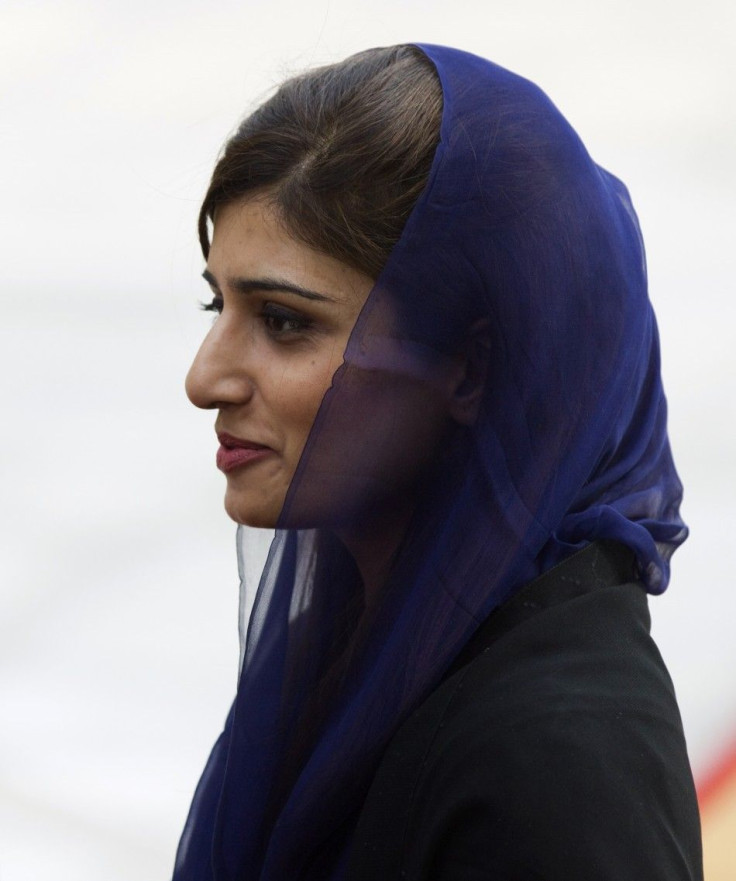Pakistan Outraged Over Admiral Mullen’s Accusations of Terror Link

Pakistan’s foreign minister reacted with fury over accusations made by the U.S. that Islamabad is deeply linked to the Haqqani terror network.
Hina Rabbani Khar, Pakistan’s foreign minister, warned that Washington can't risk alienating the people of her country and could lose an important ally with continued unfounded charges.
You [United States] will lose an ally, Khar told Pakistan’s Geo TV in New York, where she's been attending the United Nations General Assembly.
You cannot afford to alienate Pakistan; you cannot afford to alienate the Pakistani people. If you are choosing to do so and if they are choosing to do so it will be at their own cost.”
On Thursday, the chairman of the U.S. Joint Chiefs of Staff, Admiral Mike Mullen, the highest-ranking U.S. military official, openly accused Pakistan’s principal intelligence agency, Inter-Services Intelligence Agency, of supporting the militant Haqqani group that engaged in recent attacks in Kabul, Afghanistan, which killed 25 people. That attack included an assault on the U.S. embassy.
Mullen testified before a Senate panel that: The Haqqani network... acts as a veritable arm of Pakistan's Inter-Services Intelligence Agency.
He added: With ISI support, Haqqani operatives planned and conducted a truck bomb attack [on 9/11], as well as the assault on our embassy. We also have credible intelligence that they were behind the 28 June attack against the Inter-Continental Hotel in Kabul and a host of other smaller but effective operations.
The Haqqani network, which is reportedly closely linked to the Taliban and based in Pakistan, has been accused of staging several attacks against Western, Indian and Afghan government targets in Afghanistan.
U.S. officials are irate over Pakistan’s apparent refusal to go after Haqqani, raising the possibility of the U.S. conducting military strikes against the network both in Pakistan and Afghanistan.
Jeffrey Dessler, at the Institute for the Study of War in Washington, who has also spoken of links between ISI and terror groups, told BBC: My sense is there's been something of a sea change within [U.S.] government, and now there's less of a willingness to put up with this. The attack on the U.S. embassy compound marked something of a new chapter. It was an attack directly on U.S. personnel and it was very high profile.
Rehman Malik, Pakistan's interior minister, also denied that the government had any links with Haqqani, telling BBC that Pakistan was committed to fighting all militants in his country and neighboring Afghanistan.
Mullen, who's stepping down this month, has also accused the Pakistani government of approving the murder of investigative journalist Saleem Shahzad.
Mullen’s latest charges and Pakistan’s denials represent another chapter in the ever-weakening relationship between Washington and Islamabad. Since the killing of bin Laden in a Pakistani compound in May, the relationship has deteriorated.
Khar conceded: At the operational level it will be appropriate to say that there are serious difficulties [between Islamabad and Washington].”
© Copyright IBTimes 2025. All rights reserved.





















